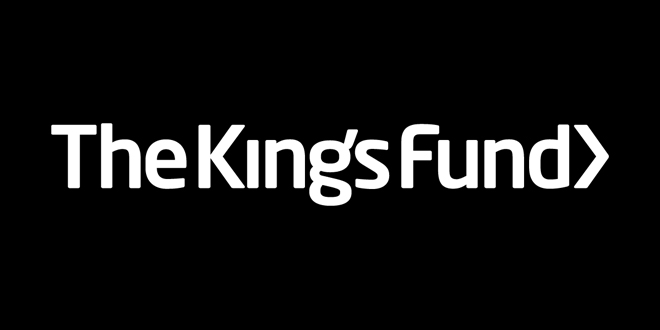The King’s Fund Responds To The Spending Review
 Commenting on the publication of the Spending Review, John Appleby, Chief Economist at The King’s Fund, said:
Commenting on the publication of the Spending Review, John Appleby, Chief Economist at The King’s Fund, said:
‘Judged against the constraints of deficit reduction and cuts to other departmental budgets, the Spending Review represents a good settlement for the NHS. Seen in the context of unprecedented financial pressures and rising demand for services, it falls a long way short of the new settlement needed to place the NHS and social care on a sustainable footing for the future.
‘The additional funding for the NHS and the decision to frontload this money next year is welcome. However, a significant chunk of this will be absorbed by additional pension costs and dealing with provider deficits, leaving little breathing space to invest in new services and unlock productivity improvements.
‘The new funding will stabilise services in the short term, but smaller increases later on in the parliament and the requirement to implement seven day services will leave budgets stretched to the limit. Attention will now shift to the huge challenge of finding £22 billion in efficiency savings by 2020/21, with the onus on the NHS to re-double efforts to improve productivity.
‘It is clear that a large chunk of the additional funding for the NHS has been found through substantial cuts to other Department of Health budgets. The full details are not yet clear but cutting the public health budget is a false economy, undermining the government’s commitments on prevention at a time when the need to improve public health is becoming increasingly urgent.
‘We welcome the drive to fully integrate health and social care by 2020 and the additional funding for social care that will be provided through the Better Care Fund from 2017. New powers to increase Council Tax will also provide some financial flexibility for councils but will not raise enough to close the social care funding gap and will disadvantage deprived areas with the highest needs for publicly funded care. While these measures provide some recognition of the pressures facing social care, they are not a substitute for sustainable funding.
‘Looking ahead, the NHS and social care are now locked into a decade-long funding squeeze which will see the largest sustained falls in spending as a share of GDP on both services in modern times. By the end of the parliament, the Barker Commission’s ambition of bringing public spending on health and social care up to 11-12 per cent of GDP will be a long way off. While this may be a good settlement for the NHS in the circumstances, there is no hiding how difficult the next few years will be for health and social care services.’






